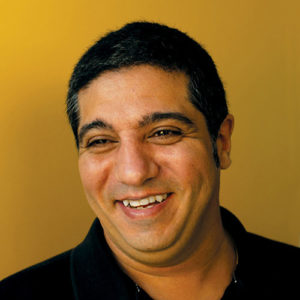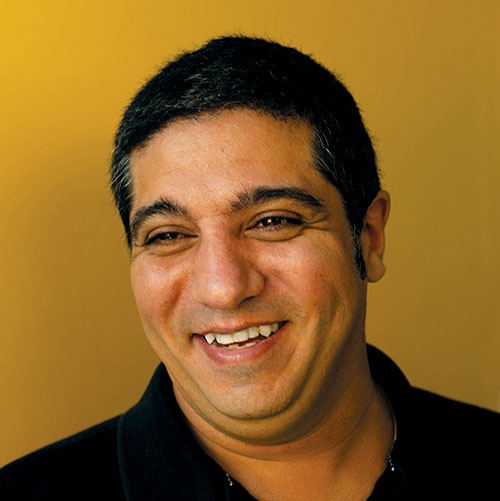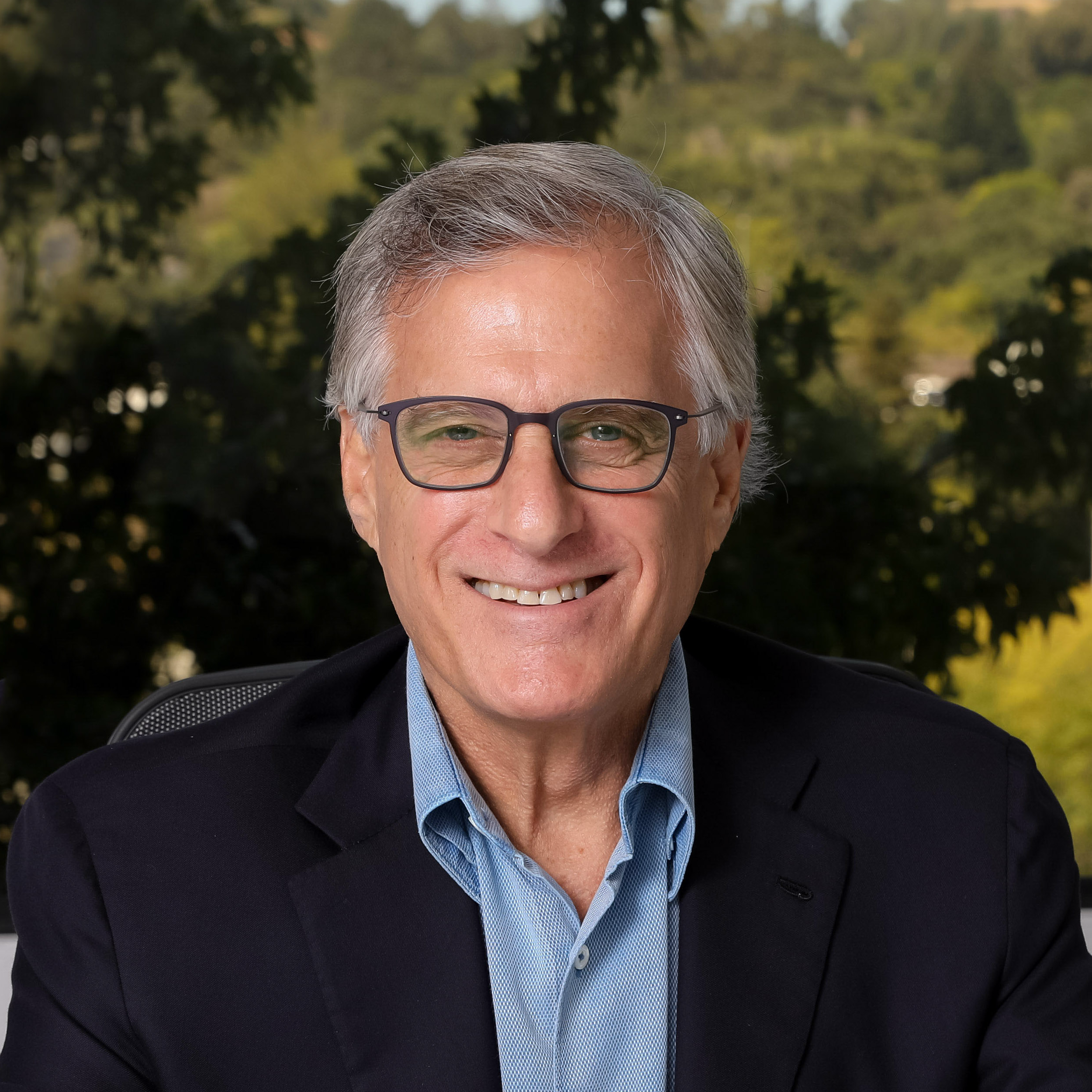Edge Executive Insight – Mike Rizkalla, CEO & Co-Founder, Snorble – Edge StartUp of the Year FINALIST
 In the lead up to Edge Computing World, we’re taking some time to speak to key Executives from the leading companies. Today we’re talking with Mike Rizkalla, CEO & Co-Founder of Snorble
In the lead up to Edge Computing World, we’re taking some time to speak to key Executives from the leading companies. Today we’re talking with Mike Rizkalla, CEO & Co-Founder of Snorble
Tell us a bit about yourself – what led you to get involved in the edge computing market and Snorble
Snorble was born out of my own personal quest to find a way to help my son Max sleep through the night when there were literally millions of searchable options online, but none that truly appealed or seemed to be effective. Having first been focused on sleep, Snorble evolved to become a companion that is designed to inspire and nurture the development of children by unlocking a limitless world of curiosity and imagination.
With edge computing, what appealed was the idea that one central source for computing could power experiences across multiple devices to create a wide range of products. The ability to extend the computing power to other less advanced (expensive) products meant we could have a richer experience for our customers across an entire product line.
As we build out our range, Snorble is the brain, so all the work happening in Snorble is generating the core experience and extending that to all the other products. They act like receivers controlled by Snorble. Through edge computing, we can extend the experience, having a narrative and a story that might be central to the character, but that also carries forward without skipping a beat through other products.
It’s also about security, which is incredibly important with a product that will become integral to a child’s bedroom and their everyday life. The idea that you’re creating a portal in the cloud in your home is scary, so we wanted to avoid that and make sure we had the best approach possible for the family and their safety, while still giving them a magical experience.
What is it you & your company are uniquely bringing to the edge market?
Being an edge device, Snorble speaks to other devices without being in the cloud, and in being the realization of this definition, we are creating an experience that has never been seen before.
Our recent breakthroughs in AI (edge-based, low-cost processing) and voice tech (edge-based, tuned for toddlers) position us to create first-in-class experiences in 100% secure, edge-based environments.
Our proprietary technology is completely modular for ultimate flexibility and speed, enabling us to create new products and new experiences that can be integrated into Snorble.
Snorble works on low-cost processors, making it affordable and our NLP works with toddlers aged 2 years old and up. This is not a toy that will be discarded after a period of initial interest; Snorble grows with the child and is designed to become a constant companion.
Tell us more about the company, what’s your advantages compared to others on the market, who is involved, and what are your major milestones so far?
We are private and secure for families, because we are not in the cloud, which gives families the autonomy and privacy that we all would expect and need when dealing with children.
From a value perspective we see tech as a path to enable experience. Our company is primarily focused on educating children through laughter, joy and play. It is by design that our team has had a deep history in the development of experience in order to do so. Team Snorble includes proven leaders in animation, storytelling, entertainment, child development, alongside product engineering, voice recognition, AI, software engineering, design, marketing, and retail sales.
Our advisory board includes some rock stars! Steve Chambers is a former CEO/Chairman of Jibo (raised $80M), former President of Nuance (Acquired $19.7B), and an Ed.L.D. doctoral candidate, Harvard University.
Michael Carter, PhD, was an advisor to Steve Jobs, led educational new media research at Apple’s Advanced Technology Group, and is a PhD/Professor Stanford University.
David Saab is a successful serial entrepreneur and has extensive experience in the financial industry. He was managing director at JPM and co-founded Aperture Investors with Generali committing a $4 billion seed round.
Heather Modlin has published several journal articles and book chapters and has presented at multiple national and international conferences. Her areas of interest include residential care, family involvement, child and youth care worker development, supervision, organizational culture, and holding environments.
We have a comprehensive moat of IP protections, from trademarks and copyrights for content to current and future device technology. The recently filed utility patent application effectively carves out protection in strategic areas of differentiation and defensibility, including construction of the device itself, methods for detecting the sleep state of the child, and the delivery of content to add-on devices to name just a few.
How do you see the edge market developing over the next few years?
I think that as near field communications develop, it’s going to give even more unique opportunities to share computer power across different things and devices.
I also think that now we have so much enabling tech being developed that product people are going to start looking at this tech more and seeing how powerfully and positively it can impact their business.
Battery consumption is also a big part of this. As new battery technologies start to evolve, like the CO2 or hydrogen, this becomes a lot more pertinent, and you’ll see a lot more edge-based technology baked into things like cars where constant connection to the cloud or 5G is not necessarily the smartest option.
What are the main trends you see about integrating edge computing into different verticals?
A lot of the time it’s about how things communicate within a space and if they’re doing that, do we have the need for cloud? Cloud computing has it’s advantages and disadvantages, one of which is that it can be very expensive and add a lot of complexity and strain to a system. The ability to do a lot more locally and more efficiently is truly powerful.
Also, the next generation of the robotics industry is going to be a major trigger because we’re talking about things that need to be hyper-sensitive and need to operate around their environmental conditions, so the need to go up to the cloud is prohibitive in that sense. I believe that many similar industries and solutions will drive the next generation of edge entrepreneurs.


